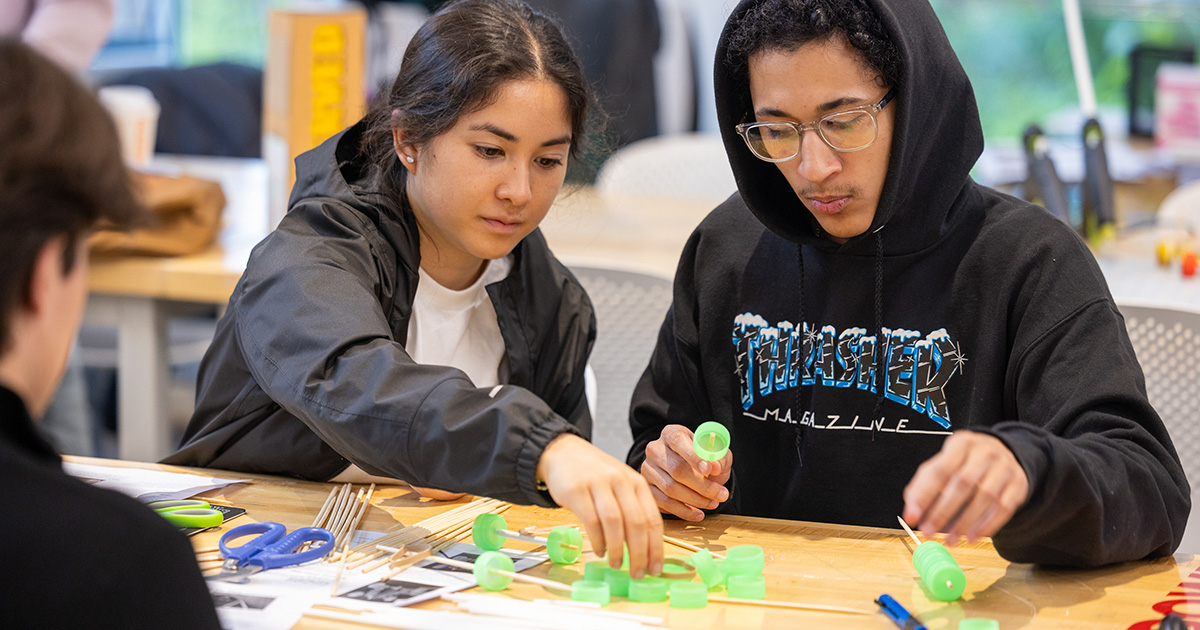Forget Networking: Create High Quality Connections

Do you like networking? Studies show that when people hear the word “networking” they literally feel dirty, like they need a shower. Despite many claims from leadership gurus that you should love networking, it still has the connotation of building strategic relationships for transactional purposes. And, who wants to feel like they are using people? In this article we’ll highlight important professional development tips to instead focus on creating strategic business relationships and different types of relationships in business.
How to Build Strategic Business Relationships
We all know that business relationships can be key resources for our personal and professional growth as leaders, so we suggest changing your mindset on how you are creating these strategic partnerships. Forget networking. Instead, focus on creating high-quality connections. According to research by Jane Dutton and her colleagues, high-quality connections are characterized by three key attributes which can help to create and develop professional relationships:
- Feeling energized by the interaction. When you form a high-quality connection, you feel a sense of vitality and aliveness. You leave the conversation feeling positive and with more energy.
- Positive regard means seeing the best in one another. It is an intentional focus on the positive qualities that people bring to the table, whether because of who they are or what they have experienced. We perceive this as feeling known or cared about by the other person.
- Mutuality is the sense that both people are engaged in the conversation. It means that both parties are actively participating and feel the potential in the connection. You experience mutual empathy, responsiveness, and openness with the other person.
Human beings have a fundamental need for belonging and relationships. Research shows that we live happier and longer lives if we have good relationships. A high-quality connection approach is qualitatively different from an instrumental approach to building business relationships. Instead of focusing on the exchange of resources or rewards, this perspective emphasizes the mutually developmental and positive experience of being in strong professional connections with others.
Different Types of Business Relationships
Creating long-lasting, high-quality business relationships comes with perpetual practice and development. One thing to consider when building these relationships is what type you are trying to create as professional relationships come in all shapes and sizes. Some examples of various types of business relationships include:
Team and Key Stakeholder Relationships
- This group is primarily made up of your employees and executives that work together every day. In building these strategic business relationships it is important to focus on strong communication and establishing a clear direction to driving success for the organization.
Industry Relationships
- To be a well-rounded executive you want to stay on top of the latest industry shifts. Seek out other leaders in your industry and generate high-quality connections and professional relationships with these experts.
Client Relationships
- For client-facing business, having a strong connection with your customers is essential for business success. Focus on listening to your customers and really hearing what their connection with your business is.
No matter which type of high-quality business connection you are trying to create, this shift to developing more meaningful business relationships should suit you well.
Moving Beyond Networking
How do you build more high-quality connections and move beyond basic networking tips? It starts with having a genuine curiosity in others and beginning conversations without judgment. Treat every professional interaction like the learning opportunity that it is. Key skills of active listening such as paying attention (i.e., not looking at your phone or around the room!), reflecting others’ ideas, and asking clarifying questions are all helpful in establishing rapport.
Changing your mindset to creating high-quality connections and building high-quality business relationships leads to a number of benefits. Because you are active and engaged in every conversation, you will absorb knowledge more quickly and your thinking will be broadened. Positive interactions can help you learn and grow as your willingness to experiment increases and, like any good entrepreneurial leader, you are more willing to take action and try something new. Generally, when we build more high-quality and strategic connections, we also are more willing to share our emotions, be more open, and be more resilient.
Strive to create conversations that leave you feeling energized, positive, and engaged. You and your network of colleagues will feel better and reap the benefits.
References
Casciaro, T., Gino, F., & Kouchaki, M. (2014). The contaminating effects of building instrumental ties: How networking can make us feel dirty.
Administrative Science Quarterly, 59(4): 705-735.
Casciaro, T., Gino, F., & Kouchaki, M. (2016).
Learn to Love Networking. Harvard Business Review, May.
Dutton, J.E. & Heaphy, E. (2003). The power of high-quality connections. In K.S. Cameron, J.E. Dutton, & R.E. Quinn (Eds.).
Positive organizational scholarship: Foundations of a new discipline. San Francisco: Berrett-Koehler.
Murphy, W.M. & Kram, K.E. (2014).
Strategic Relationships at Work: Creating your circle of mentors, sponsors and peers for success in business and life. New York: McGraw-Hill.
Stephens, J.P., Heaphy, E., Dutton, J.E. (2011). High-quality connections. In G.M. Spreitzer and K.S. Cameron (Eds.).
The Oxford Handbook of Positive Organizational Scholarship. New York: Oxford University Press.
Waldinger, R. (2015).
What makes a good life? Lessons from the longest study on happiness. TEDxBeaconStreet.
Posted in Insights



